Mindfulness for Peak Performance
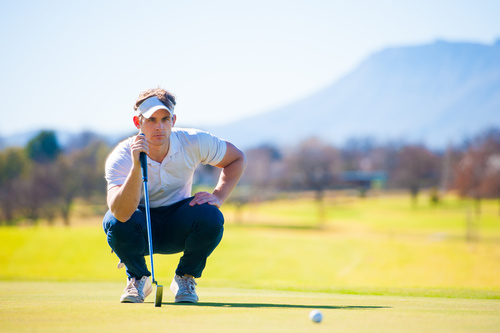
Being an athlete is rewarding in countless ways, but there are also times it can be stressful. From experienced world-class athletes to young children in sport, athletes can be under immense external and internal pressure. To promote peak performance, as well as continued enjoyment of sport, mental skills training should be included within the training…
Sport Injury – Healing the Mind and Body
Most athletes, competitive through recreational, experience injury in their sport at some time. There are many practitioners out there who can help heal the physical symptoms of the injury from the family doctor to the physical therapist. But dealing with the physical side of injury is only half the battle. What we cannot forget to address…
Attention Training in Young Elite Athletes – Highlights from Recent Research
In the arena of sport psychology, research around attention and its relationship to athletic performance has been around for a number of years. Much of this research has focused on athlete training, and deliberate practice in particular, when it comes to developing potential talent in young athletes. Though the old saying seems to indicate that…
Getting psyched for sport – Mental fitness strategies for the aspiring athlete
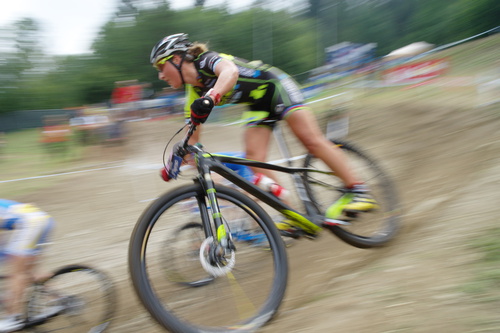
Mental fitness plays a large part in training and performance. There will be times when an athlete makes a mistake (or consecutive mistakes), is competing against an opponent that has outperformed them in the past, or the conditions of play are not what was expected. Being mentally fit encapsulates many different areas of training and…
Role of a Sport Psychologist

Today’s athletes experience a variety of pressures and stress when it comes to sport performance. Many athletes, teams and coaches are taking advantage of sport psychology professionals to aid them in achieving their performance goals. As such sport psychologists are becoming more and more accepted as a regular part of the coaching and support staff…
What I Wish I Knew Then – 5 Lessons Learned from a High Performance Athlete
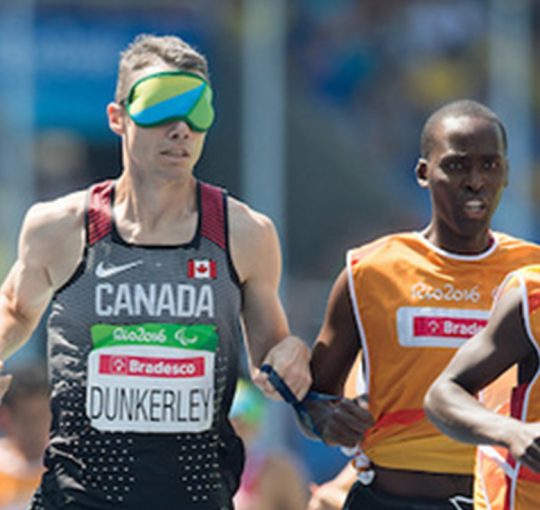
Sport teaches us innumerable lessons. When I reflect on my own sporting journey, I cringe at some of the mis-steps I took as a younger athlete. This is not to say that today I’m past the point of making mistakes. Some of us are slow learners after all, and even those of us with years…
2015 IIHF World Junior Championships and the use of Emotional Intelligence
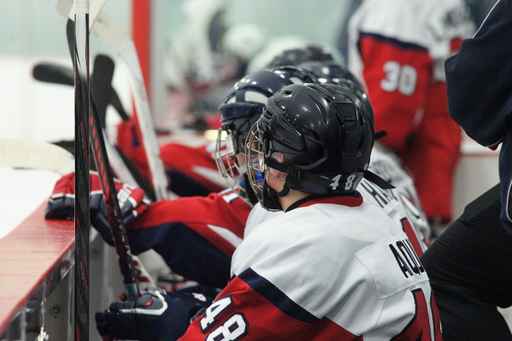
The 2015 IIHF World Junior Championship, which takes place from December 26, 2014 to January 6, 2015, will be showcasing some of the best young hockey plays under-20 years of age in the world. The tournament will have 10 national teams divided into 2 groups during the round-robin and will be hosted in the cities…
Striving for Athletic Perfection

When stepping onto the field of play, every athlete wants to have the perfect performance. Being a perfectionist may allow you to set high standards and be meticulous about your routine or craft until it is flawless. The pursuit of perfection can also give you the drive to improve, be disciplined and detail-oriented; characteristics that…
Overcoming setbacks: developing resilience
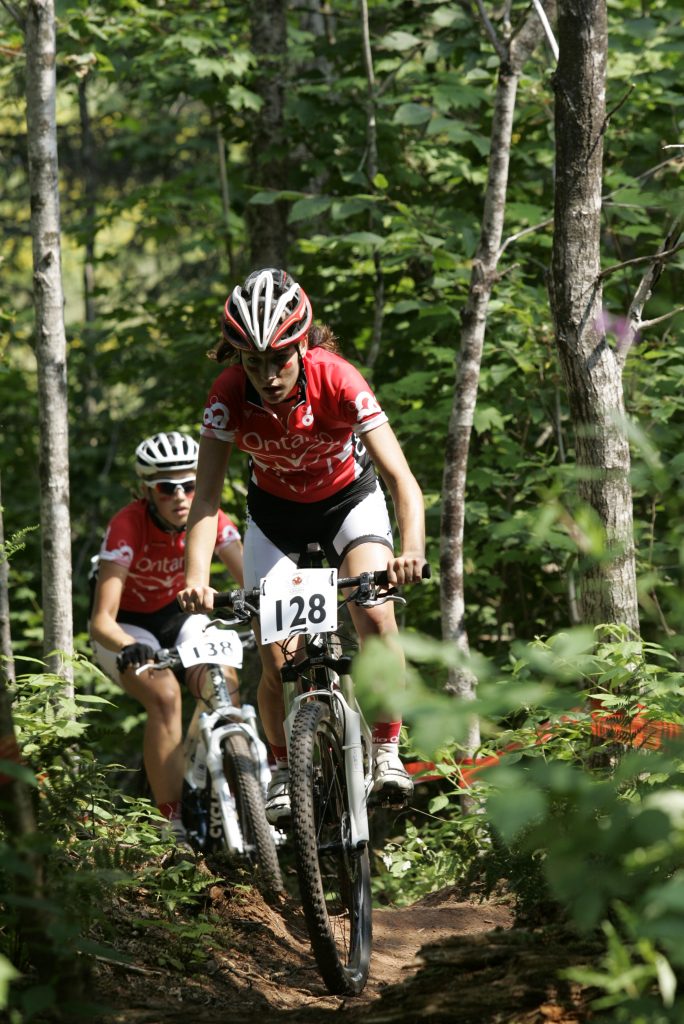
Athletes deal with many adverse situations ranging from injuries, to coping with pressure, to dealing with mental lapses that can derail their ability to concentrate on performing. Being able to bounce back from setbacks or situations that cannot be controlled builds resilient athletes. Going through adversity allows an athlete to experience a variety of emotions,…
Mindset: Mental Strategies to perform at your best
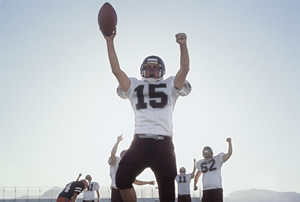
Elite athletes have an exceptional ability to rise to the occasion when called upon to perform. Whether it is making that big shot to win the game or making a dazzling pass that scores the winning goal, most coaches want their best player to have the ball when the game is on the line. But…